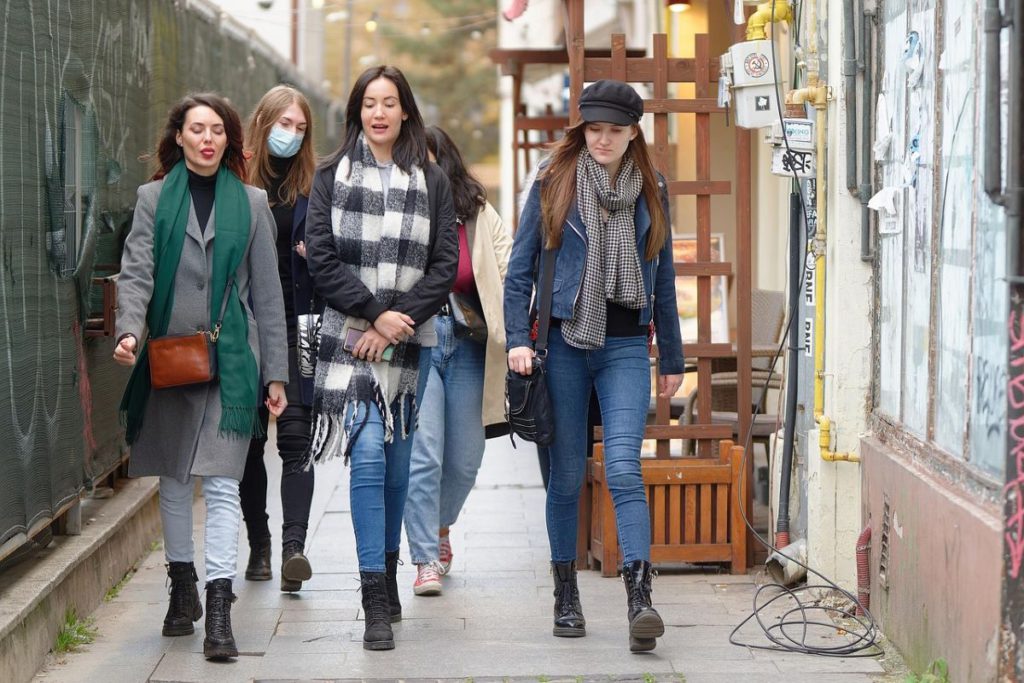In a world of fast scrolling and fleeting interactions, it’s easy to feel disconnected—even when we’re constantly “online.” But sometimes, it’s the simplest shared rituals that forge the strongest bonds. Take the act of preparing a cigar, for example. From selecting the right blend to checking the levels on a cigar humidifier, there’s something meditative about the process. It’s not just about the smoke—it’s about the moment. A pause in the day where time slows down, conversations unfold naturally, and real connection begins to spark.
Rituals, whether big or small, provide structure to social interactions. They create a rhythm, an expectation, and a shared language that participants come to understand. Think of the clink of glasses before a toast, the brewing of coffee in the morning with a friend, or the gentle ritual of lighting a cigar at the end of a long day. These moments are more than habits—they are signals that a space is safe, intimate, and open for genuine connection.
 Across cultures and throughout history, rituals have always been a central part of human bonding. Weddings, funerals, tea ceremonies, or Sunday barbecues—these aren’t just social events; they’re orchestrated expressions of belonging. In modern times, where traditional structures are loosening, we often create new rituals in their place. A weekly game night, a monthly dinner party, or a visit to a local cigar lounge—all become meaningful because they’re shared.
Across cultures and throughout history, rituals have always been a central part of human bonding. Weddings, funerals, tea ceremonies, or Sunday barbecues—these aren’t just social events; they’re orchestrated expressions of belonging. In modern times, where traditional structures are loosening, we often create new rituals in their place. A weekly game night, a monthly dinner party, or a visit to a local cigar lounge—all become meaningful because they’re shared.
What makes rituals so effective in sparking real connections is their predictability. They reduce social friction. When everyone knows the flow—how things begin, what’s expected, and how to participate—it creates ease. That ease opens up space for deeper engagement. For example, the ritual of meeting for a cigar doesn’t require small talk to break the ice. The ambience, the shared enjoyment, and even the unspoken silence offer enough comfort to bring down walls.
We also shouldn’t underestimate the emotional space that rituals create. In a time when conversations often stay surface-level, rituals offer the depth we often seek. Sitting around a fire, cooking a meal together, playing cards—these shared experiences create opportunities for people to open up without pressure. The activity becomes a bridge, a soft landing that makes vulnerability feel more natural.
Technology, paradoxically, has made some of these old-school rituals more appreciated than ever. With life increasingly happening in digital spaces, the appeal of something real, grounded, and tangible is growing. Lighting a cigar, clinking a glass, or joining a shared ritual is almost a form of rebellion against speed and disconnection. It’s choosing depth over speed, presence over productivity.
There’s also something democratic about rituals. When we join a ritual, we’re all equals in that space. Whether it’s a formal tea ceremony or a casual cigar night, everyone is participating under the same unspoken rules. It flattens hierarchies, at least for a moment, and reminds us of our shared humanity.
So, how do we bring more of these connection-building rituals into our lives?
It doesn’t have to be elaborate. Start small. Invite a friend to meet weekly at the same café. Begin a Friday night tradition of board games with your family. Host a monthly gathering with a shared theme—wine, books, cigars, or simply conversation. The magic isn’t in what you do but in doing it consistently and together.
In the end, it’s not about the meal, the coffee, or the walk. It’s about what those rituals hold: time, intention, and presence. These are the ingredients that spark a real connection. And in a world that often runs on autopilot, it’s those intentional moments that remind us what it means to truly connect.




